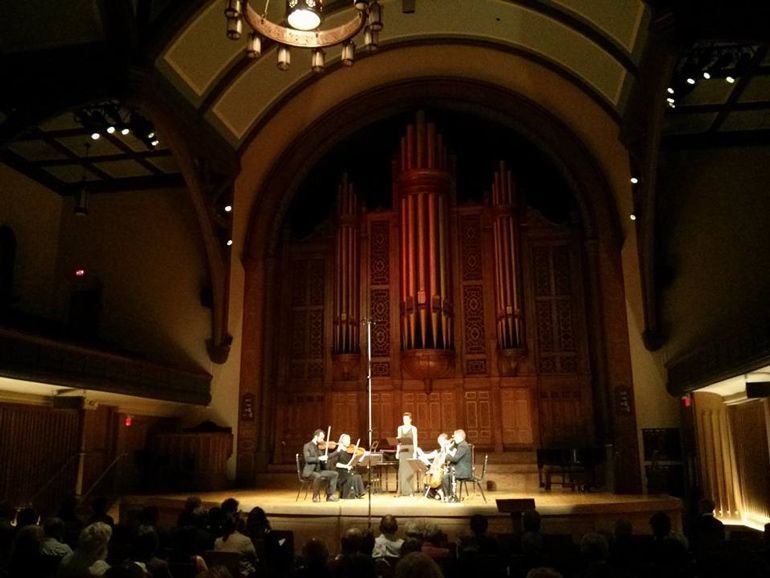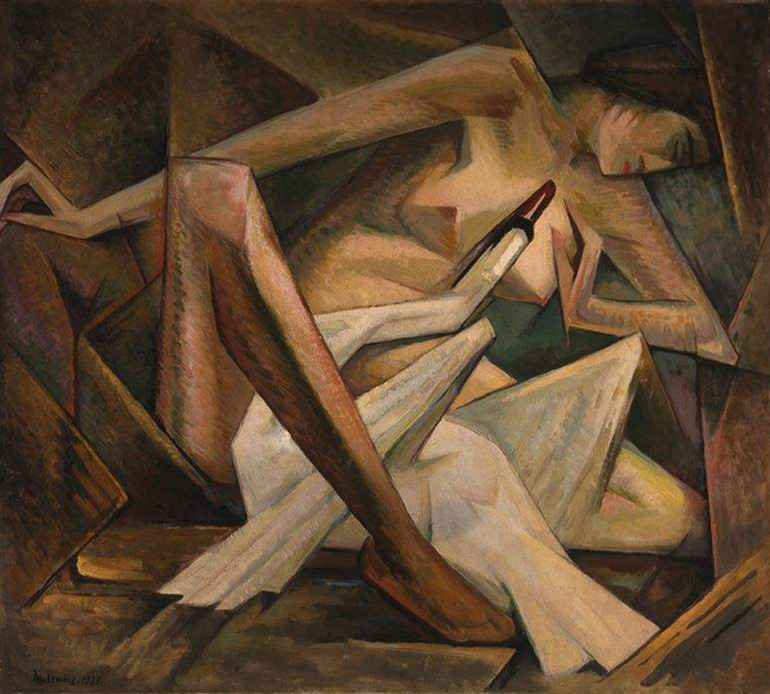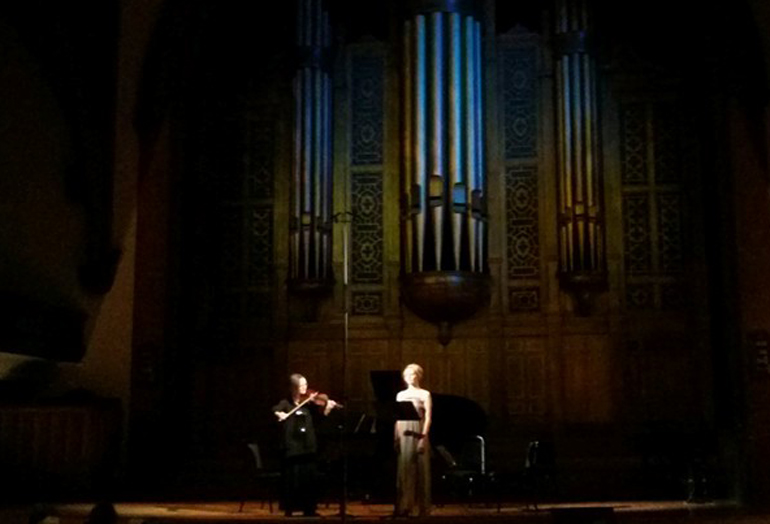
Talisker Players: Heroes, Gods and Mortals, May 12, at Trinity St Paul’s.
On May 12 and 13 the Talisker Players draw their 20th season to a close with a program entitled Heroes, Gods & Mortals. An instrumental ensemble that integrates spoken word and collaboration with vocalists into its diverse programs, they could be called “the thinking person’s ensemble”.
A glance at their programs over the years indicates the stimulating range of themes they have chosen throughout the seasons, from the poignancy of loss captured under the theme of Time & Tide, to the mystery of sleep and dreams in an evening entitled Starry Night.
The final theme for this year, Heroes, Gods and Mortals, is presented in their winning combination of fine written pieces with a range of musical compositions ranging from Giovanni Battista Pergolesi’s Orfeo, first performed in 1738 to Monica Pearce’s Leda’s song, commissioned this year for the Talisker Players.

This work grouped together three poems by poets born in the 19th Century—Rainer Maria Rilke, (b 1875) H.D. (b 1886) and D. H. Lawrence (b 1885), who lived through the turn of the century, like today’s emerging generation, known as “Millennials’. But unlike today’s young adults, who have been over exposed to graphic sexual imagery and underexposed to printed texts, Rilke, Doolittle and Lawrence were initiated in a period of covert and taboo sexuality and intense poetic literacy, which is expressed in part by their presentation of the story of Zeus seducing the swan. In particular, Rainer Maria Rilke, best known as an advocate of separateness in partnership, expressed by his phrase, “Two Solitudes”, here reveals the heat that is generated when distance is abandoned in favour of carnal contact. Pearce’s use of the throaty clarinet and bass clarinet created an almost indecently moist sound. Special mention should be made of the anonymous donor who supported this commission without seeking any limelight in exchange for this generosity.
The program contained the lyrics to each piece, but the texts read between the pieces were not provided. In a way, this made the performance of the reader, actor Ross Manson, the most challenging, as he had to capture our attention without musical enticement and convey a broad range of thoughts, moods, characters and images through words alone.
Each of these readings were elegant and touching, from On Seeing the Elgin Marbles, by John Keats to an excerpt from The Towers of Trebizond by Rose Macaulay, another writer born in the 1880s. The “Gods” of this program are the Greek Gods, there was not a trace of Thor or Yaweh or Vishnu. This is all to the good, as it leaves programming opportunities open for the Talisker Players in future seasons. They are more than equal to brining in diverse cultural and musical influences. Tonight’s performance included compositions such as Alan Hovhaness’s Hercules which is inspired by his Armenian musical heritage as well as his love of Indian music.

Ambitious as the Talisker Player’s programming is, it is not without a sense of fun. The evening concluded with a selection of pieces from One Touch of Venus, by Kurt Weill with lyrics by Ogden Nash. A personal favorite of mine, Weill perfected the note of poignant loss simply stated, as exemplified by one of his most famous anthems, September Song. Perhaps the Talisker Players themselves were thinking of the two decades that have passed since they established their ensemble, when they ended the evening with the beautifully performed Speak Low, with its apt lyric: “We’re late, darling, we’re late/ The curtain descends/Ev’rything ends/Too Soon.”
My suggestion is that you heed these words and arrive in time for tomorrow’s performance of this fine concert.
Show repeats tonight, May 13. Details here.
#LUDWIGVAN
Want more updates on Toronto-centric classical music news and review before anyone else finds out? Get our exclusive newsletter here and follow us on Twitter or Facebook for all the latest.



